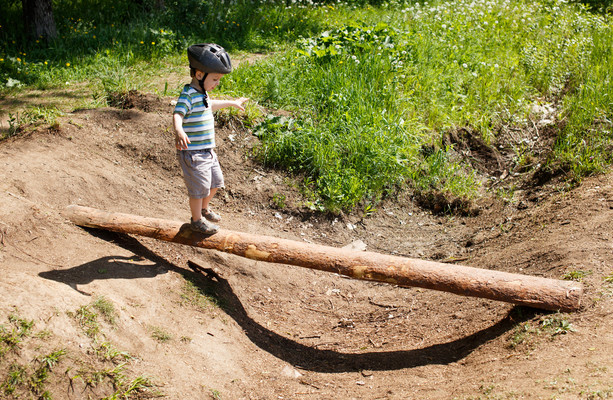Headline: Helicopter Parenting: Navigating Challenges and Solutions
In today’s fast-paced world, the notion of helicopter parenting has taken center stage in parenting discussions. This approach, characterized by constant vigilance and involvement in children’s lives, raises crucial questions about balance, independence, and child development. As parents juggle various responsibilities, the desire to protect their kids has intensified, yet experts caution against the potential pitfalls of over-parenting.
Understanding Helicopter Parenting
Helicopter parenting refers to a style where parents are overly involved in their children’s lives, controlling their experiences and decisions. Although intentions are often rooted in love and care, this practice can lead to unintended consequences.
-
Who? The term “helicopter parent” was popularized in the early 2000s and typically describes parents of school-aged children and teenagers.
-
What? This parenting method often involves excessive monitoring of academic performance, social interactions, and extracurricular activities.
-
When? The phenomenon has been observed predominantly in the last two decades with the rise of technology and increased parental anxiety.
-
Where? While prevalent in Western countries, helicopter parenting has emerged globally due to cultural shifts and societal pressures.
-
Why? Factors fueling this parenting style include heightened competition for college admissions, an increasingly connected world, and a desire to shield children from failure or harm.
- How? Helicopter parents may intervene in their children’s conflicts, complete their homework, or even manage their social media accounts, believing it safeguards their future.
Expert Insights
Clinical psychologist Dr. Jennifer Gaisford explains, “While it’s natural to want to protect your children, too much involvement can limit their ability to develop essential life skills. Children need to learn from their experiences, including failure.”
The American Psychological Association reports that over-involvement can stifle a child’s autonomy, leading to increased anxiety and lower self-esteem in adulthood. The challenge lies in finding the right balance between guidance and allowing children to navigate their own experiences.
The Effects on Children
The impact of helicopter parenting can be profound and far-reaching:
-
Lack of Independence: Children raised under this umbrella often struggle with decision-making skills and self-advocacy.
-
Increased Anxiety: As parents continuously step in to solve problems, kids may develop a reliance on external validation, leading to anxiety when faced with challenges.
- Poor Coping Skills: Without the opportunity to face difficulties, children may find it hard to cope with stress in later life.
To illustrate this, Michelle, a mother from Dublin, recalls her journey. “I realized I was doing too much for my son when he couldn’t even tie his shoes without my help. It was an eye-opener,” she shared. “I’ve since learned to step back and let him take the lead.”
Finding the Balance
Transitioning from helicopter parenting to a more balanced approach requires deliberate effort. Here are some strategies to foster independence while maintaining guidance:
-
Encourage Decision-Making: Allow children to make age-appropriate choices, from picking out clothes to managing their homework schedule.
-
Promote Problem-Solving: Rather than providing immediate solutions, guide children through problem-solving processes, encouraging them to think critically.
-
Set Boundaries: Create confines where children can explore and fail safely, allowing them to learn consequences without extensive parental interference.
- Model Independence: Show children through your actions how to be self-sufficient, whether it’s cooking, budgeting, or handling challenges.
Community Resources
Local parenting workshops, like those offered at Community Parenting Center, can provide valuable tools and support for parents seeking to shift away from helicopter behaviors. Engaging with other parents can also provide a shared experience, fostering a sense of community and understanding.
Furthermore, research from the Harvard Graduate School of Education highlights the importance of parental involvement balanced with the opportunity for children to explore independently.
Encouraging Dialogue
As parents, it is essential to remain adaptable and open to feedback. Exploring different parenting styles can lead to meaningful discussions, ultimately fostering better relationships with our children.
We invite you to share your experiences with helicopter parenting. How have you navigated the challenges? What strategies have worked for you? Join the conversation in the comments section below!
By understanding helicopter parenting’s complexities and impacts, we can work toward fostering independence in our children while supporting their journey into adulthood. Let’s encourage a new generation that knows how to cope with challenges through resilience, confidence, and self-reliance.

